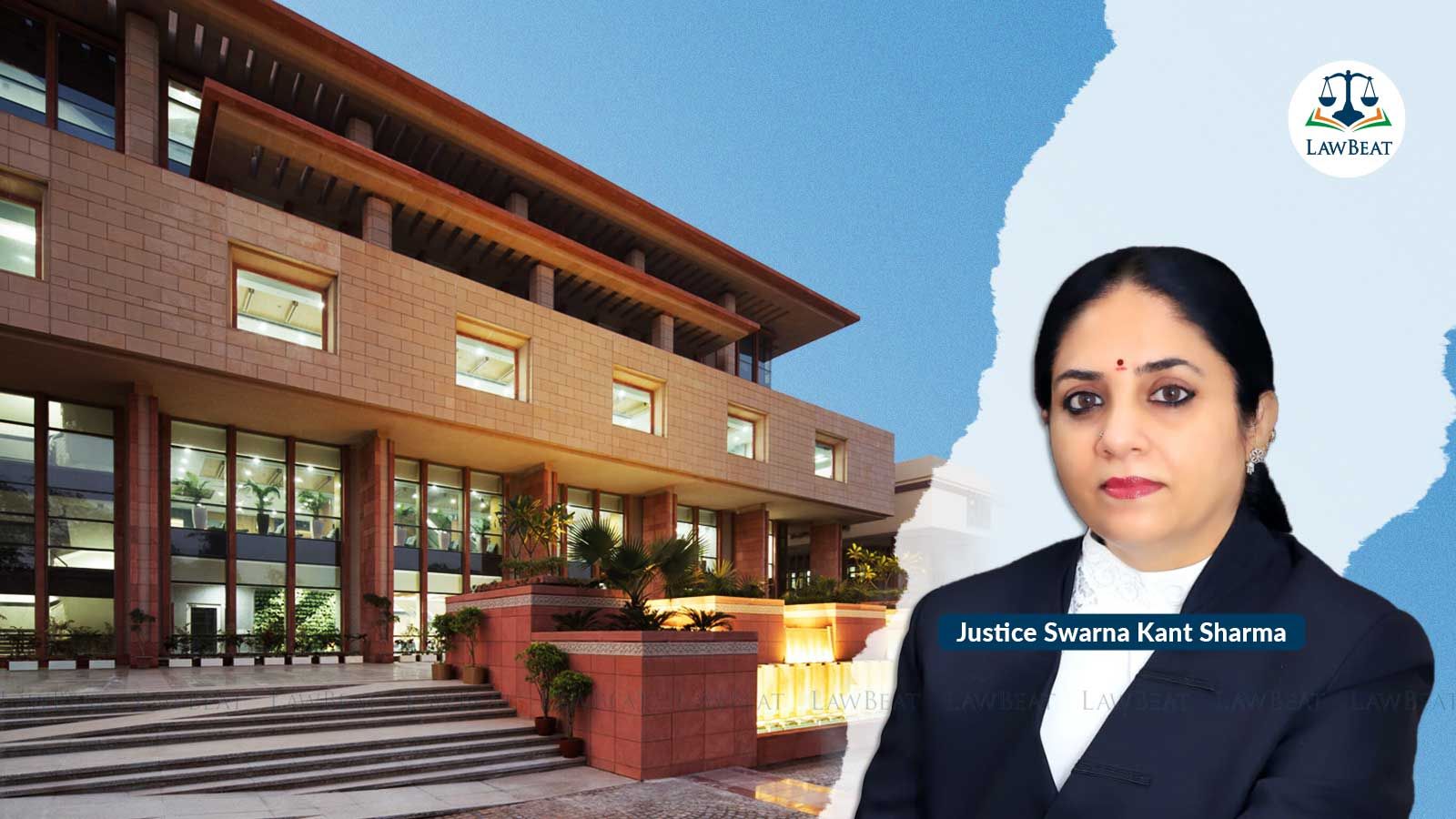Delhi HC Reserves Judgment In ED’s Plea Against Transfer Of Judge In Bhushan Steel Money Laundering Case

Per ED’s case, Bhushan Steel's Managing Director Neeraj Singal and associates used shell companies to rotate funds for capital, property, and personal use. Allegedly, accused Ajay Mittal and Archana Mittal, both knowingly received proceeds of crime amounting to Rs 70 crore
The Delhi High Court, on Wednesday, reserved its judgment in a plea lodged by the Enforcement Directorate (ED) challenging the trial court’s decision to transfer proceedings in the Bhushan Steel money laundering case to a different judge. The transfer was pursuant to an allegation made by one of the accused that the presiding judge had made a remark questioning the likelihood of bail in 'ED matters'.
The bench of Justice Swarana Kanta Sharma reserved the matter while noting the complexity of the decision and acknowledging the scrutiny judges face, including on social media platforms.
It was Ajay Mittal’s wife, also an accused, who had observed the proceedings and reported that the judge after the counsel left, remarked to court staff, 'Lene do date, ED matters main kaun si bail hoti hai?' (Let them keep taking dates, where is the question of bail in ED cases?)
The Special Public Prosecutor Zoheb Hossain, representing the ED, argued that the transfer was based solely on the accused's wife's testimony, without corroboration or official verification from the judge in question.
SPP Hossain contended that such actions amounted to forum shopping and undermined the integrity of the judicial process. He emphasized that the accused's wife had previously been granted bail in the same court, designated for ED cases and those involving legislators.
Senior Advocate Sandeep Sethi, representing the accused, maintained that the transfer order was merely administrative, while SPP Hossain disagreed, arguing it was a judicial decision. The trial court, in its decision to transfer the case, acknowledged the accused's apprehension of bias and emphasized the importance of ensuring perceived impartiality in judicial proceedings.
However, the bench expressed concern over the potential repercussions on judges if transfers were granted based solely on unsubstantiated claims, highlighting the impact of social media scrutiny on judicial independence.
Case Title: ED v Ajay S. Mittal
